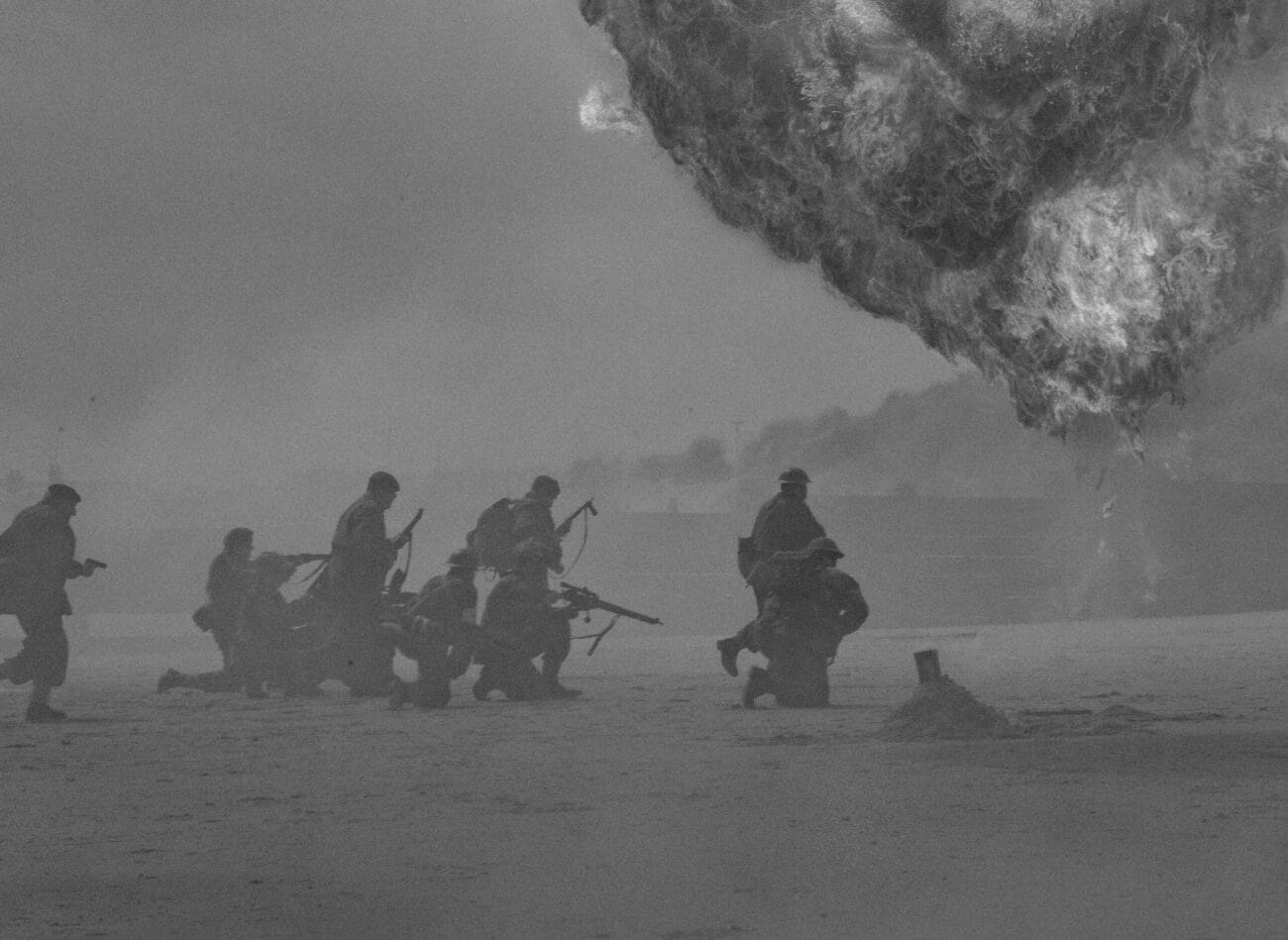In the context of insurance cover in an undeclared war situation, it’s essential to understand the complexities and implications involved. Insurance coverage in such scenarios can be intricate due to the ambiguity surrounding the nature of the conflict and the potential risks involved. Undeclared wars present unique challenges for insurance companies and policyholders alike, as traditional insurance policies may not explicitly address or account for such circumstances.
Understanding Undeclared War Situations
Undeclared wars refer to conflicts that have not been formally declared by the involved parties. These conflicts often lack a clear legal framework and may involve unconventional warfare tactics, making them distinct from traditional warfare. In such situations, determining the extent of damage, liability, and risk becomes inherently challenging.
Insurance Coverage Considerations
In the context of insurance coverage, policies typically include clauses that specify exclusions related to war and military actions. However, the interpretation of these clauses can become contentious in undeclared war situations. Insurers may argue that damages resulting from undeclared wars fall under the war exclusion clause, thereby limiting their liability.
Policyholders, on the other hand, may contend that since the conflict was not officially declared as a war, the exclusion clause should not apply. This discrepancy in interpretation underscores the complexity of insurance coverage in undeclared war scenarios.
Potential Impacts on Insurance Claims
In the event of damages or losses occurring during an undeclared war situation, policyholders may face challenges when filing insurance claims. Insurers might scrutinize claims more rigorously in such circumstances, seeking to establish a clear link between the damages and the conflict. Additionally, insurers may invoke force majeure clauses or other contractual provisions to limit their liability in these situations.
The lack of international recognition or formal declaration of war further complicates matters, as it can lead to disputes over whether the damages are attributable to an undeclared war or other causes. This ambiguity can prolong the claims process and potentially result in legal disputes between insurers and policyholders.
Specialized Insurance Products for Political Risk
Given the complexities associated with insurance coverage in undeclared war situations, some businesses and organizations opt for specialized insurance products designed to mitigate political risks. These products, such as political risk insurance, provide coverage for losses stemming from political violence, government actions, and civil unrest – factors that are often intertwined with undeclared conflicts.
Political risk insurance can offer broader protection compared to traditional property or casualty policies, addressing gaps in coverage that may arise during periods of geopolitical instability or undeclared hostilities.
Conclusion
In conclusion, navigating insurance coverage in undeclared war situations demands careful consideration of policy language, exclusions related to war, and potential impacts on claims processing. The ambiguity surrounding undeclared conflicts underscores the need for specialized risk management strategies and tailored insurance solutions to address the unique challenges posed by such scenarios.







Leave a Reply